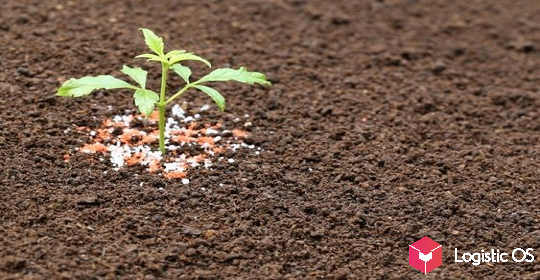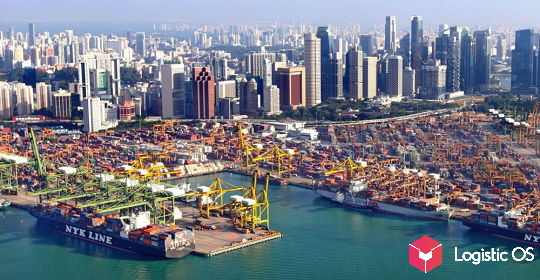Since the beginning of this season, China has purchased about 340 thousand tons of rapeseed oil from the Russian Federation, which is three times more than in the same period last year.
Currently, China is in first place in the list of importers of Russian rapeseed oil.
It is far ahead of other countries: Iran, Belarus, Latvia, Norway.
Many of them generally greatly reduced the purchase of these products in the Russian Federation. For example, imports to Lithuania, Norway, and Israel almost halved over the past season.
By the way, we are talking not only about rapeseed oil, but also about sunflower oil, for example.
This season, China also significantly increased its imports: from 17,000 tons to 296,000 tons, says Kirill Lozovoy, Analyst at the OleoScope information and analytical agency.
Why such a noticeable increase in Chinese imports?
This is largely due to the fact that supplies from other countries have to be replaced.
For example, in Argentina there is a large crop failure, and in Brazil there are difficulties with logistics that complicate the export of products from this country.
As a result, China diversifies ahead of time so that there is no shortage associated with the unreliability of individual suppliers.
Krasnodar region benefits
This is one of the leaders among Russian regions in the production of many types of agricultural products, including rapeseed.
Last year, according to Governor Veniamin Kondratyev, rapeseed oil supplies to China tripled.
At the same time, in the current season it is planned to expand the sown area under this crop, which will allow to harvest even more crops.
In addition, there are other areas that also occupy a worthy position in the import of rapeseed oil. Among them, for example, are the Kaliningrad, Moscow, Belgorod, Kursk regions and Primorsky Krai.
Can supplies be further increased?
China is able to purchase agricultural products in an almost unlimited volume, experts say.
For example, Chinese factories are able to process 2 million tons of soybeans per week.
Therefore, there are all arguments in favor of developing and expanding the supply to China of both raw materials and finished products — the same soybean and rapeseed oils that are in greatest demand among the population in China.
Taking into account the fact that Russia has a record area, and last year gathered record harvests of sunflower and rapeseed, there are all prospects for further deepening cooperation with China in this area, and at the same time developing our own processing capacities, experts are sure.

